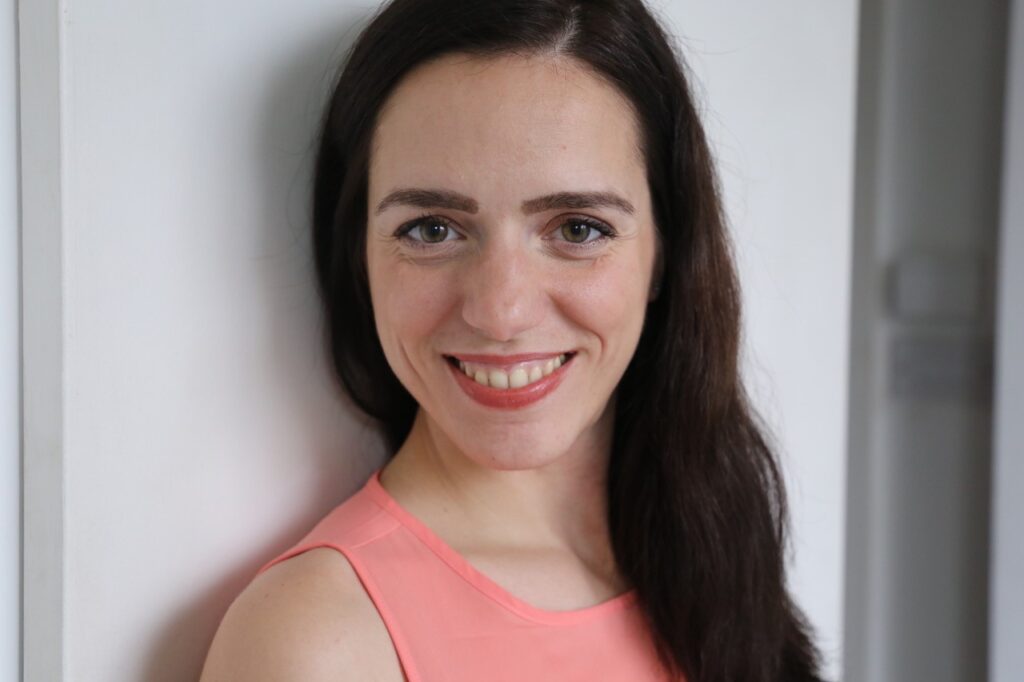This page aims at featuring our early careers researchers. Please feel free to browse through their pages. They all answered several questions regarding their career path and interests.
Dr Martina Bocchetta
Position: Lecturer
Honorary Senior Research Fellow
Brunel University London
University College London (UK)
Neuroimaging, biomarkers, MRI, neuroanatomy, progression, presymptomatic stages

What is your area of research as it relates to FTD?
I am a neuroscientist interested in investigating brain measures on MRI and particularly how subcortical structures are structurally and functionally connected in the different forms of FTD. My final goal is to improve our understanding of this heterogenous disease, by measuring when FTD starts in the brain and how it progresses over time. This will be crucial to help in the quest for a cure, by measuring whether new drugs are effective in slowing down the progression of FTD.
What inspired you to do FTD research?
I was first exposed to the dementia field during an internship as an undergraduate student. This experience in a neuroimaging research laboratory in Italy, working closely with a memory clinic, was truly inspiring for me, as I witnessed the impact of this terrible disease on patients and their families. During my PhD and thanks to my involvement in the GENetic Frontotemporal dementia Initiative (GENFI, www.genfi.org), I realised how much heterogeneity exists across FTD forms, and how little we knew about this complex disease, compared to other more common forms of dementia. As a community, we are working hard and making progress in better understanding FTD, and research has the potential to improve the lives of so many people affected by FTD. I want to play my part, by working in identifying neuroimaging biomarkers for prognosis, outcome measures or stratification in clinical trials.
What challenges have you faced in FTD research?
The high heterogeneity of onset, progression and symptoms across individuals, even when they have received the same diagnosis. This makes accurate prognosis and design of clinical trials extremely challenging. Moreover, FTD is relatively less common in the general population and less talked about than other forms of dementia, impacting the resources and availability of funding to conduct research.
What hopes do you have for FTD research?
The recent advances in imaging, cognitive, pathological and blood-based biomarkers have helped us to better understand FTD in a very short time compared to other diseases. This was possible thanks to international consortia and collaborations, which really are vital for a small community such as ours. Promising clinical trials are underway targeting different genes and pathways, and my hope for the future of FTD research is that we will be able to characterise and understand the heterogeneity across its forms, improve the accuracy of prognosis, and to ultimately develop effective rehabilitation plans and personalised treatments for those living with FTD.

